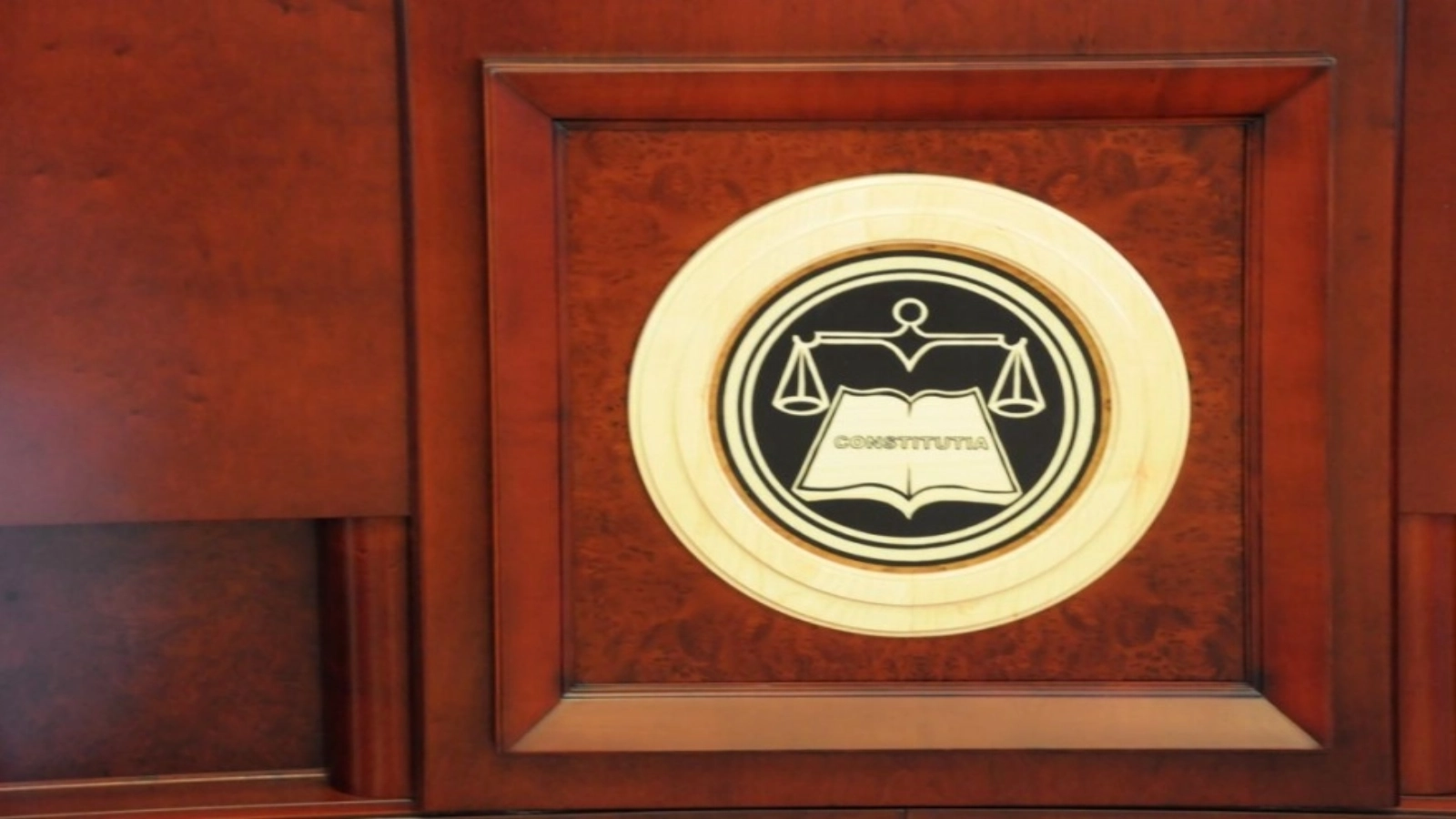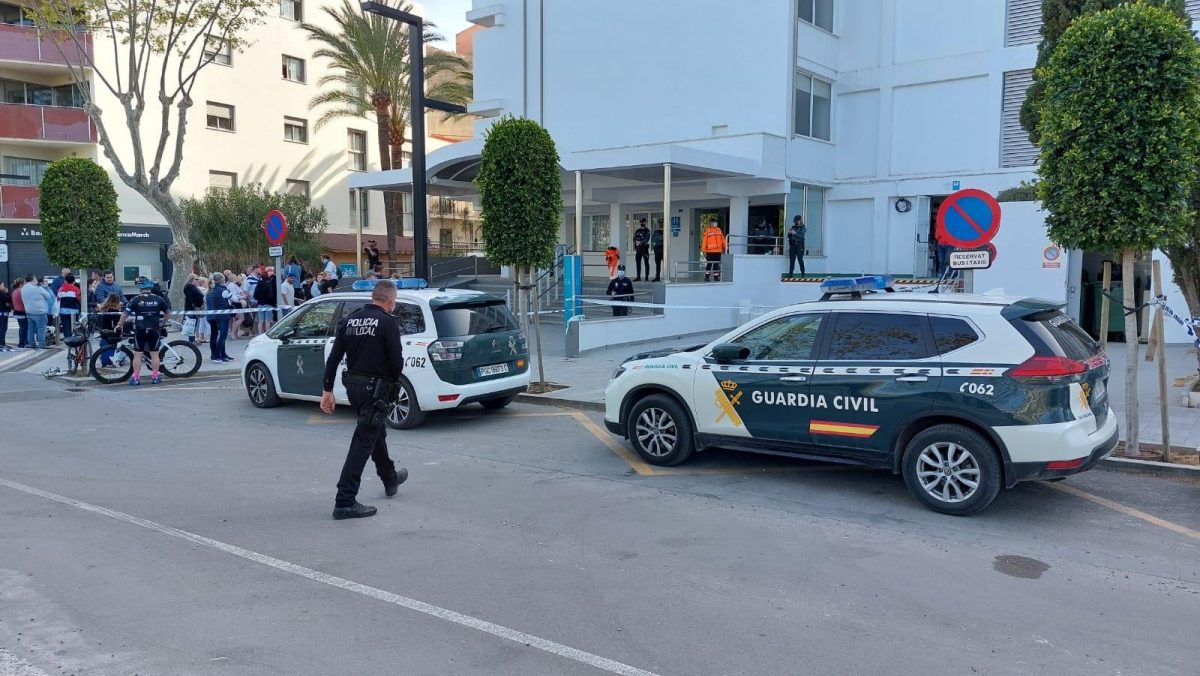The Constitutional Court of Romania (CCR) discusses on Wednesday the referral of the High Court of Cassation and Justice (ICCJ) concerning amendments brought to the Law about enforcing sentences and measures involving deprivation of liberty.
On June 8, the Supreme Court decided to notify the Court about unconstitutional aspects in the case of the normative act for the amendment and completion of Law 254/2013 on the execution of sentences and measures of deprivation of liberty, ordered by the judicial bodies in the course of criminal trials.
In the decision to notify CCR about the normative act the amendment and completion of Law 254/2013 it is shown that several provisions do not meet the three quality requirements which result from art. 1, paragraph. (5) of the Constitution, namely clarity, precision and predictability.
"Point 5, through which art. 381 is introduced concerns the "house arrest regime." Contrary to the name (house arrest) and contrary to the constitutional demands of predictability of the law, art. 381 does not include an actual regulation of the house arrest regime and the surveillance system of the convicted person which is executing their punishment under house arrest," reads the document.
According to the same source, the only provision concerning house arrest regime is included in art. 381, paragraph (3), through which it is established that art. 221 from the Criminal Procedure Code is applied accordingly, yet the content of art. 221 provisions is incompatible with the execution of sentences area.
ICCJ notices that there is an exception from the execution of the sentence through house arrest for persons who were convicted for "violently committed crimes", phrase which does not allow for the exact identification of the sphere of facts exempted from serving the sentence under house arrest.
"Thus, for example, the crime of disrupting the public order, provided for in art. 371 of the Criminal Code, can be committed 'through violent crimes against people or goods or through threats or severe damage to the dignity of people", and the reference to crimes committed with violence does not allow for detachment of a clear conclusion when it comes to including or excluding the deed, provided for in art. 371 of the Criminal Code / the scope of exemptions," ICCJ says.
Another observation is about point 10 (art. 97), which amends the procedure of granting parole, in contradiction with provisions of art. 587 of the Criminal Procedure Code.
"Thus, through provisions of art. 97, in its amended form, the competence of granting parole is attributed to the judge that handles surveillance of the deprivation of liberty, and through the unamended provisions of art. 587 of the Criminal Procedure Code, parole is maintained in the court's competence (the constituency of the court where the detainment center lies). By amending the provisions of art. 97 from Law no. 254/2013 and the maintenance of the provisions of art. 587 of the Criminal Procedure Code, a legislative parallel is created, thus breaking art. 1, paragraph 5 of the Constitution," the referral further shows.
ICCJ referral concerning amendments for enforcing sentence; Wednesday, in CCR's attention
Explorează subiectul
Articole Similare

5
Minister Nazare to voice deficit of 6.2% of GDP for 2026, in Brussels (sources)
5

15
DefMin Miruta meets Lockheed Martin's vice president for International Strategic Operations
15

19
Moldovan national intercepted at Albita with smuggled Freon destined for Lithuania
19

11
EUR 1.3 billion allocated to Interior Ministry under SAFE program
11

11
Approximately EUR 900 million allocated to defence and civil protection under SAFE Programme (Arafat)
11

24
List of arms purchases through SAFE program: helicopters, missiles, personnel carriers, anti-aircraft systems, drones
24

8
PM Bolojan official visit to Germany, Romania's key economic partner and top foreign investor
8

8
Defence Minister Miruta says SAFE Programme issues will also be addressed during visit to Germany
8

6
CCIB president presents Romania's business and investment opportunities to Pakistani ambassador
6

6
Carasuhat ecological restoration set as top priority by Danube Delta Administration
6

6
National Opera of Bucharest principal dancers, international ballet stars - Gala dedicated to Brancusi's work
6

12
Mihai Jurca: Main objective of acquisitions through SAFE program is to develop defense industry
12

8
Bucharest Stock Exchange closes Monday's session in the green and the total turnover exceeded 1.98 billion RON
8



















Comentează